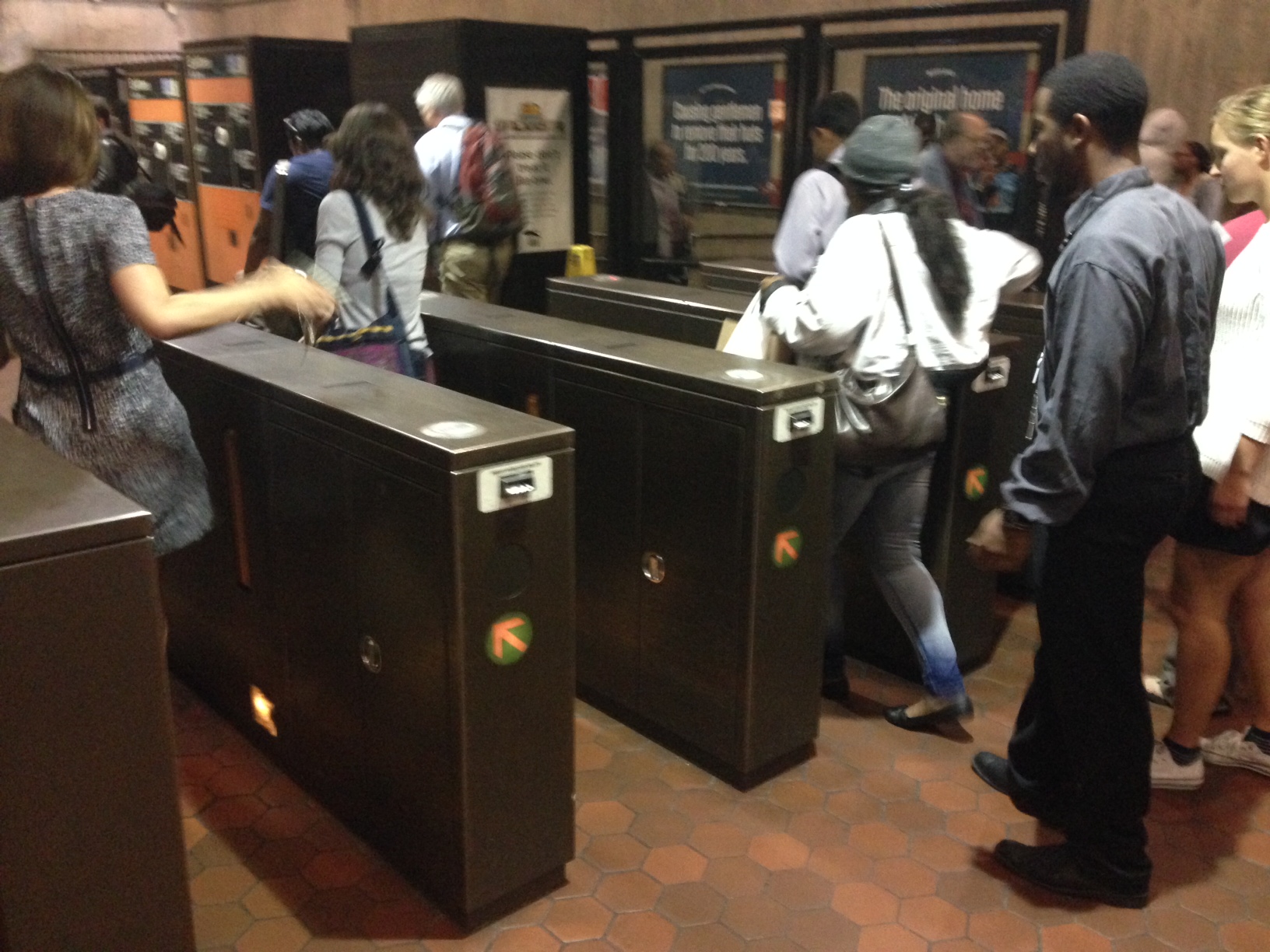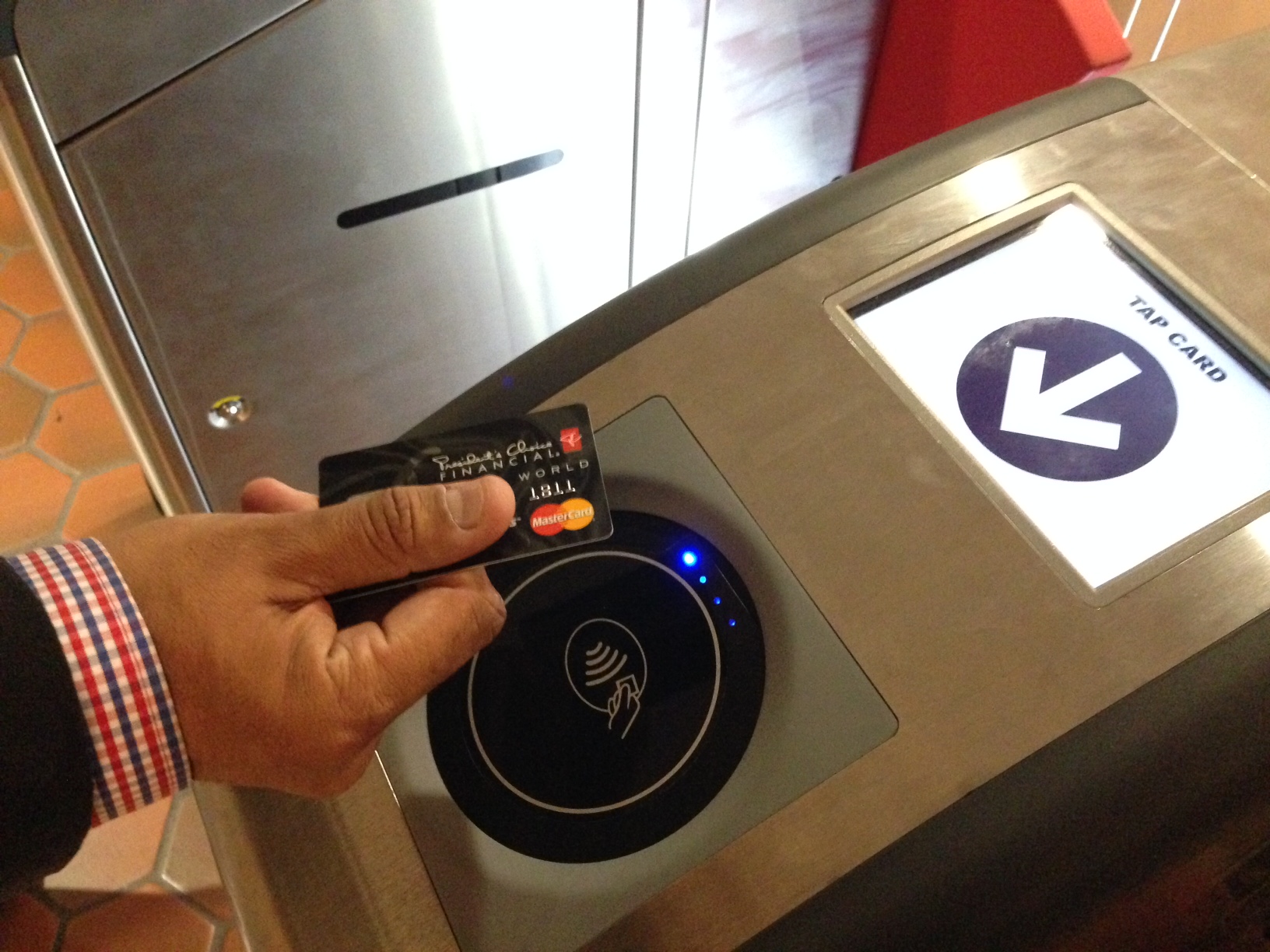WASHINGTON — Metro riders won’t be able to use their smartphones to pay for their fares anytime soon as the transit system has announced that it is halting plans to replace its fare gate system.
Metro General Manager Paul Wiedefeld announced Thursday that he has canceled the $150 million contract to replace the fare gate and payment system. The decision comes amid Wiedefeld’s efforts to fix the transit agency’s urgent safety and maintenance problems. He said that stakeholder feedback weighed into his decision.
“What I’ve heard very loud and clear from the stakeholders is ‘get the current system to perform.’ In my mind, this is another example of that,” Wiedefeld said.
Metro ran a $25 million pilot test of new fare technologies that would accept smartphone payments and even credit card payments at the gate and on buses. Metro hoped the new payment options would eventually eliminate the need for riders to purchase a SmarTrip card.
But the pilot program struggled to attract volunteers because riders had to regularly start and end trips at the limited number of stations with the shiny silver experimental fare gates or use one of the limited bus lines that were part of the pilot.
The technology being tested faced a second major hurdle: the slow adoption of near field communication payments through credit cards or smartphones that allow customers to pay with a tap similar to a SmarTrip card. Wiedefeld said with few consumers using such payment systems even at supermarkets, it does not make sense to fund a full overhaul of fare systems with technology that isn’t widely adopted.
After evaluating the results of the pilot, Wiedefeld determined now is not the right time to replace the existing fare payment system.
“Our customers need the gates and ticket machines to work reliably,” a written statement from Wiedefeld reads. “I don’t want them to swap out one card for another, have limited access to just use certain gates during the transition in already crowded stations, or make the (regional) jurisdictions convert to all new technology for their buses.”
Delaying the fare system overhaul frees up about $150 million in Metro’s proposed capital budget for the upcoming year. The money instead will go to maintain and upgrade existing fare gates, Wiedefeld said.
Wiedefeld said he’d like to improve the way the existing gates read SmarTrip cards.
The decision means that SmarTrip cards will remain the way to pay for a ride on Metro and bus systems around the region for the foreseeable future.
WTOP’s Max Smith and Amanda Iacone contributed to this report.







